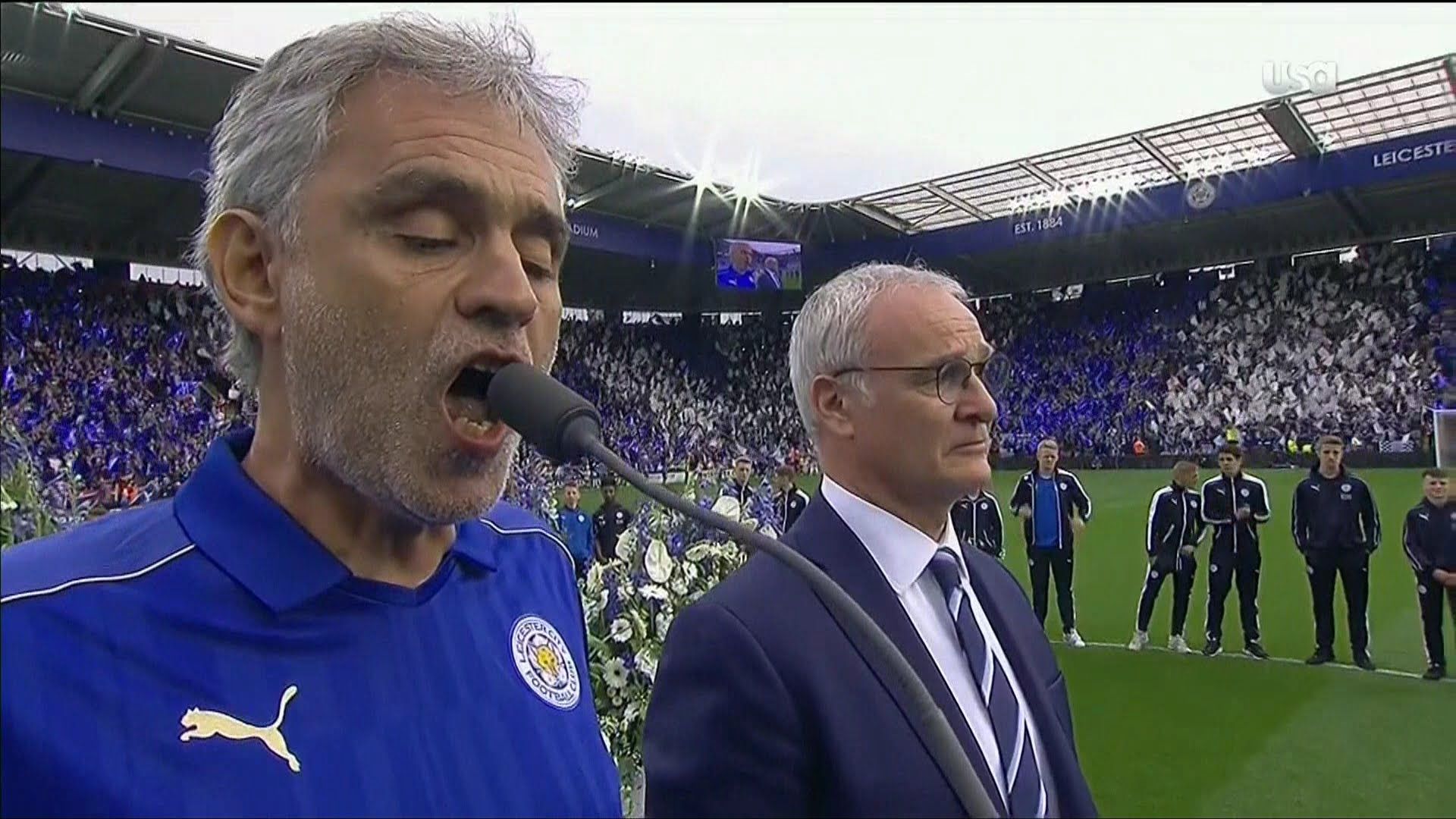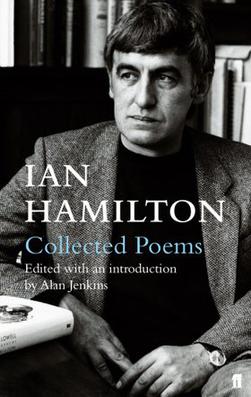There is no discernible anniversary associated to this review of Gazza Agonistes. The book was first published 29 years ago and describes the events surrounding the life of footballer Paul Gascoigne throughout the 1990s. The author, literary critic and poet Ian Hamilton passed away in 2001. However, his depiction of the rise and fall of a talented man is timeless and universal. Hamilton writes from the perspective of a lifelong fan, willing Gazza up the field from behind the pen, a ‘self-styled Gazzamane’. He celebrates the highs with literary flourish, and reports on the lows with all the authority of a disapproving parent.
I was first made aware of Gazza Agonistes via a series of recent tweets showing footballers gracing the covers of the London Review of Books throughout the 1980s, with titles such as ‘Social democracy, Sociology, Soccer’. Karl Miller, the editor at the time pioneered as the Guardian put in his obituary, ‘a distinguished style of soccer journalism’. Gazza Agonistes is perfectly placed within this subgenre and seems so far away from the current state of football critique, consisting largely of Mark Goldbridge looking sad.
Writing in 1994 (with a 1998 afterword written after Gazza’s exclusion from the World Cup squad that year), Hamilton describes being attracted to Gazza’s “legendary scampers” whilst at he played for his childhood club Newcastle, later moving to Tottenham, Hamilton’s childhood club. This transaction of loyalties, from one man’s sporting allegiances to another, provides Hamilton with the emotional license to report on Gazza in a way that is distinct from the tabloid journalists that plague the footballer’s career.

Gazza Agonistes highlights just how much the culture of football has changed throughout the last 20 years. Players were expected to take accountability for their own actions; justifications for drunken nights were laundered by the tabloids and aired out to dry in the court of public opinion. The concept of the beautiful game seemed much more tangible when those involved talked and behaved just like those watching in the stands. Gazza would go to the pub with his mates like us, end up in fights like us, and famously shed a tear like us. There is an argument against this level of scrutiny. It destroyed Paul Gascoigne; why should people earning a living have to answer for their actions outside of their work?
For better or for worse, player engagements on social media and with journalists are now heavily vetted. Clubs don’t want to risk anything that could undermine their own image, and in turn their net worth. Owners are looking to sell at reputational highs, whilst fans want owners to leave when their clubs are at their lowest. Who knows what Hamilton would think of the players who are expected to answer for nation-states, and how the Gazza of then would respond to allegations of sports-washing.

Gazza Agonistes is a reminder of a simpler, more passionate footballing time; best enjoyed whilst listening to the soundtrack of the 1990 Italian World Cup Nessun Dorma. For all of Gazza’s mistakes, and the treatment he endured, his epic struggles will not be repeated any time soon, and neither will an account as poetic as Hamilton’s.
